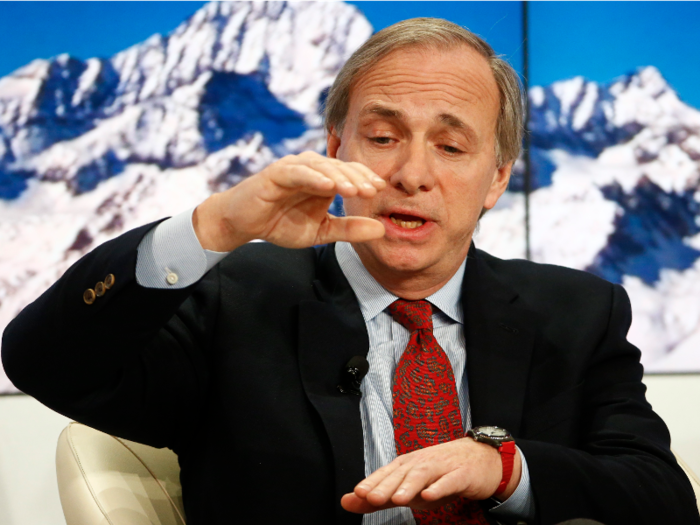- Home
- slideshows
- miscellaneous
- Wall Street's biggest Nvidia bull and bear debate how crypto, data-center competition, and the China slowdown will impact the chip giant
Wall Street's biggest Nvidia bull and bear debate how crypto, data-center competition, and the China slowdown will impact the chip giant
Use one sentence to describe your investment thesis.

How concerned/confident are you about Nvidia's excess of mining GPUs after the boom and bust in digital currencies?
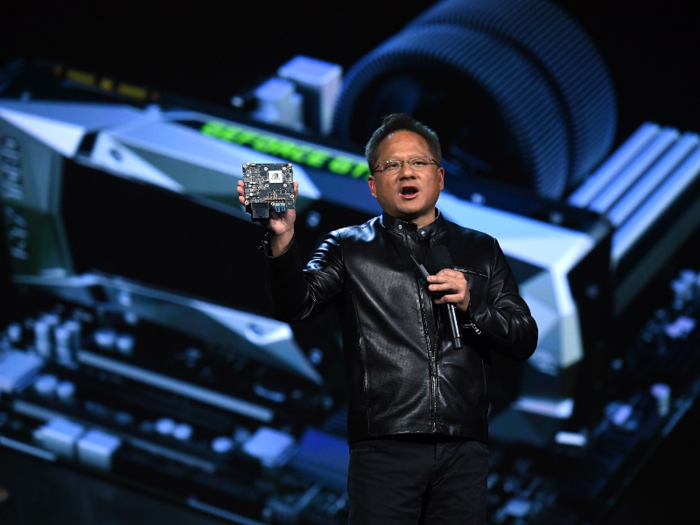
Stein (Bull): "Nvidia's recent weaker performance – not only in the gaming end market, but in the data center end market as well - can only make us and investors more concerned (less confident) about the company’s ability to execute."
"Still, we find reasons for hope. First, as it relates to the crypto effect, Nvidia has taken action to reduce channel inventory, and given low Ethereum prices today, it seems that a recurrence of the crypto problem is unlikely."
Davuluri (Bear): "This is something we have been concerned about since the boom in early 2018 and even the end of 2017. Our fair value of $120 a share for Nvidia has been the same since April of 2018. So almost a full year, we've been at this valuation."
"The crypto slowdown has prompt people to buy mining GPUs from the secondary market, which has created a low demand for Nvidia's GPUs. That's why we see this massive inventory correction in a couple of quarters."
How will weaker economic conditions in China impact Nvidia's GPU business?
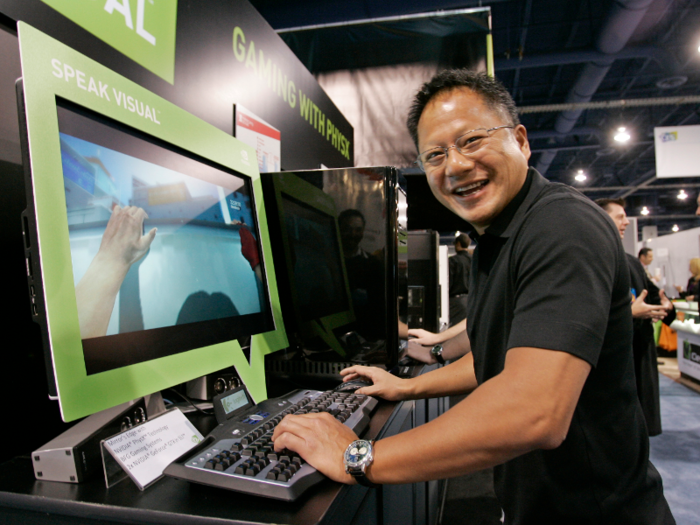
Stein (Bull): "Similar to many semi companies that sell into the China consumer market, weak economic conditions in the region are negatively impacting gaming demand."
"We believe the primary source of this weakness (excluding the crypto mining overhang) was the trade conflict between the US and China. As those issues resolve themselves, we expect this market will continue to grow."
Davuluri (Bear): "China consisted of a very massive portion of Nvidia's GPU demand decline, as naturally a lot of gamers and mining operations are in China. That's pretty consistent with what Nvidia's exposure to China has been."
"Moreover, the US-and-China trade tensions, and a broader economic slowdown in China may have played some roles."
What is the impact of Nvidia’s acquisition of Mellanox?
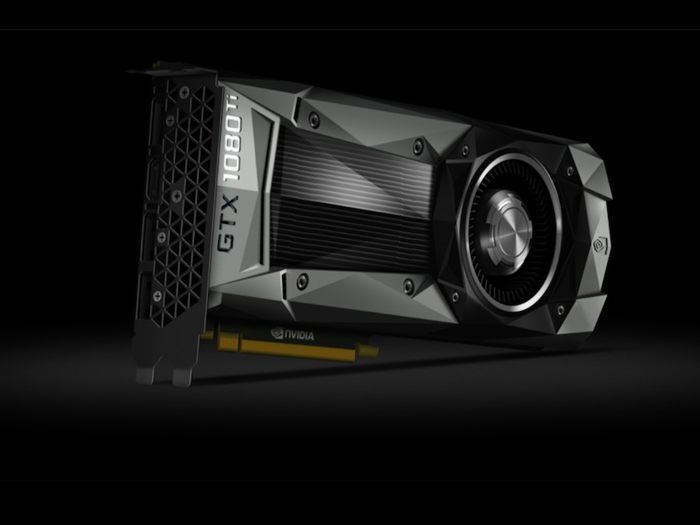
Stein (Bull): "The acquisition seems defensive to us, because (1) it is announced during a time of weak demand, and (2) we believe the strategic fit with other speculated bidders (Intel & Xilinx) may have threatened Nvidia somewhat. Still, these factors don't eliminate the strategic and financial fit."
"Strategically, Mellanox affords Nvidia a more prominent role with data center customers. It expands Nvidia's datacenter total addressable market from $50 billion to $61 billion, gives Nvidia control of the prominent vendor of Infiniband networking chips (which Nvidia already sells in some of its own products), and gives Nvidia control of some already jointly developed technology, like GPU Direct. Financially, we anticipate the transaction will increase Nvidia’s EPS by ~9% in 2020."
Davuluri (Bear): "For Nvidia, the rationale of acquiring Mellanox is to make the process of getting the data from the network to Nvidia's GPUs as quickly and as greater of magnitude as possible."
"That may be the case in the longer term. However, rival Intel is not sitting idle. Intel has also been developing similar technologies for the past decade. Intel made quite a bit acquisitions themselves to have similar Etherum and InfiniBand technologies. I don't think Intel has left out in the cold just because it wasn't able to make this deal."
Davuluri concluded that Nvidia's $6.9 billion bid that pays Mellanox shareholders $125 a share — a 14.3% premium to the prior day's closing price — was a little bit more aggressive than what he thinks is reasonable.
Will Nvidia chips' real-time ray tracing features be a game changer?
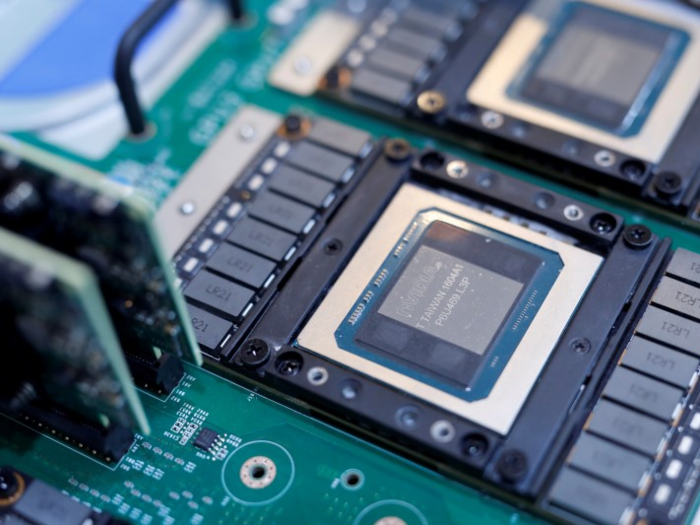
Stein (Bull): "We believe real-time ray tracing, combined with deep learning super sampling (DLSS) is a 'game-changing' feature for both gaming and pro-viz."
"In gaming, very few games are written to utilize this feature today; however, we expect additional titles using this feature will encourage gamers to purchase GPUs that take advantage of this feature. In pro-viz, we believe real-time ray tracing will both shift movie render farm business from CPU to GPU, favoring Nvidia, but is likely to expand the use case of rendering as well."
Davuluri (Bear): "It's a fantastic technology that Nvidia has brought to gaming. However, there are not many games that can support this technology."
"The value proposition just hasn't really been there yet. We haven't seen a very strong adoption because the gamers that are waiting to make their investments want to see more games that can actually take advantage of this technology. But then the gaming developers want to see more adoptions from gamers before they actually invest in making the game. The technology is very exciting, however, the time is going to be more gradual than what the market expects."
What would cause you to reverse your view on the stock?
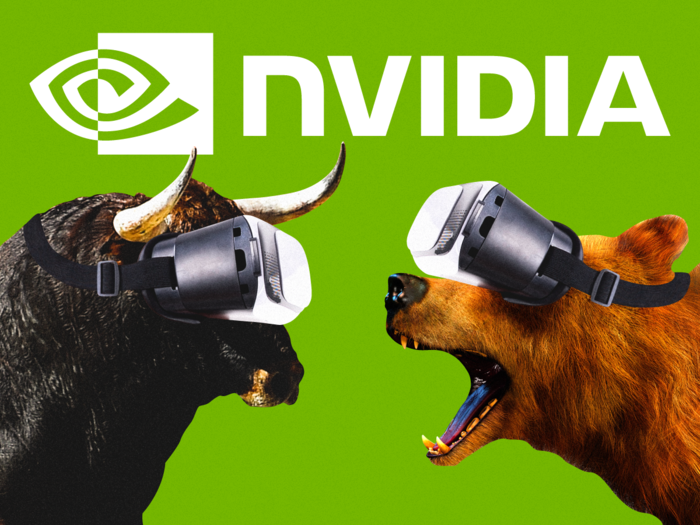
Stein (Bull): "We have a buy rating on NVDA because we believe the company’s long-term growth opportunity is not entirely captured in the stock's current valuation."
"If future results diminish our optimism for the company’s long-term growth potential, and made Nvidia look more like a typical cyclical semiconductor company, we would adopt a more conservative P/E target that could potentially result in a less bullish view on the stock."
Davuluri (Bear): "A combination of Nvidia meeting earnings expectations and surpassing competitions would lead us to change our opinions."
"Nvidia delivered pretty gaudy growth expectations for data-center market," he said, adding that the chipmaker sees the total addressable market for the data-center space reaching $50 billion by 2023.
"It would be impressive if Nvidia can continue to grab round 30%- 40% of the growing data-center market."
He also said that he would reverse his bearish view on Nvidia if its competitors — including Intel and its customers such as Google, Amazon, and Facebook — were not able to develop products that can go head-to-head with the company.
Popular Right Now
Popular Keywords
Advertisement
